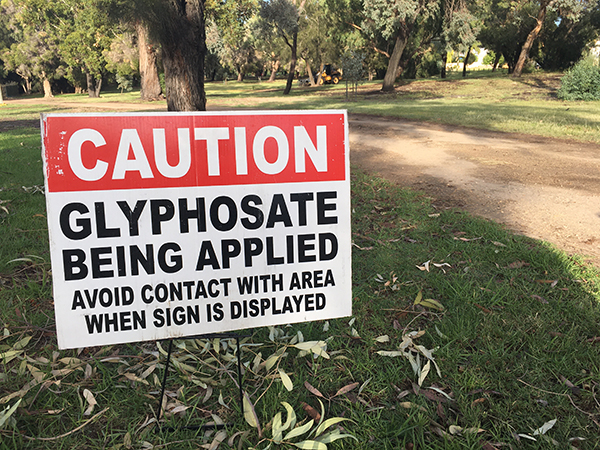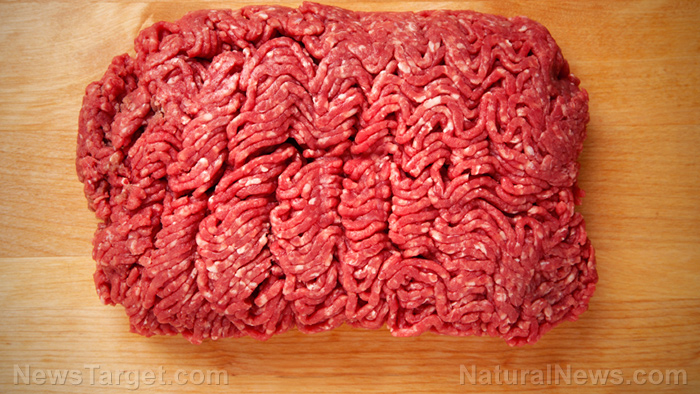
A joint study by Scottish, German and American researchers has found that the rapid inflation in the cost of fertilizers caused by Russia's special military operation in Ukraine could see an additional one million people dying of hunger-related deaths this year.
The study was conducted by researchers from the University of Edinburgh and the University of Aberdeen in Scotland, the Karlsruhe Institute of Technology in Germany and Rutgers University in New Jersey. They found that the conflict in Ukraine kicked off a global supply chain crisis for fertilizers as well as grains – both of which are major exports of Russia and Ukraine. (Related: World's largest fertilizer manufacturer sounds alarm, says shortages will last throughout 2023.)
This supply chain disruption caused major shortages in the immediate region and had significant effects on supply and prices globally, raising fears that many nations more vulnerable to these kinds of supply chain concerns could be pushed into famines.
The researchers further noted that Ukraine blockading millions of tons of food products, mostly wheat, barley and corn, also caused the rise in food prices in the region.
While the effect of the disappearance of tons of food exports from Ukraine and Russia is not to be underestimated, the researchers noted that the increased cost of fertilizer is the bigger driver of instability, especially in countries that are already vulnerable to famine.
The researchers' modeling estimates that sharp increases in the cost of fertilizers – which are key to producing high crop yields – would greatly reduce their use by farmers. Without enough fertilizer, more agricultural land is needed to produce the world's food.
Human knowledge is under attack! Governments and powerful corporations are using censorship to wipe out humanity's knowledge base about nutrition, herbs, self-reliance, natural immunity, food production, preparedness and much more. We are preserving human knowledge using AI technology while building the infrastructure of human freedom. Speak freely without censorship at the new decentralized, blockchain-power Brighteon.io. Explore our free, downloadable generative AI tools at Brighteon.AI. Support our efforts to build the infrastructure of human freedom by shopping at HealthRangerStore.com, featuring lab-tested, certified organic, non-GMO foods and nutritional solutions.
Without a quick resolution to the fertilizer crisis, the researchers' modeling noted that, by 2030, the world would need to increase agricultural land by an area the size of much of Western Europe – Belgium, France, Germany, Ireland, Italy, the Netherlands, Portugal, Spain and the United Kingdom – to accommodate the world's nutritional needs.
"Half the world's population gets food as a result of fertilizers … and if that's removed from the field for some crops, [the yield] will drop by 50 percent," said Svein Tore Holsether, CEO of Yara International, a Norwegian chemical company that produces nitrogen-based fertilizers.
"For me, it's not whether we are moving into a global food crisis – it's how large the crisis will be."
Era of cheap food to come to an end if fertilizer crisis isn't resolved
Fertilizer prices during the middle of 2022 were already at least three times higher than they were at the start of 2021. This fertilizer inflation, coupled with food export restrictions and increased energy costs, could cause food prices to rise by 81 percent more in 2023 compared to 2021 levels.
Food price rises caused by fertilizer shortages will lead to many people's diets becoming poorer. This could result in up to one million additional deaths and more than 100 million people becoming undernourished. The greatest increases in deaths will be found in conflict-ridden Sub-Saharan Africa, North Africa and the Middle East.
"This could be the end of an era of cheap food," said Peter Alexander of Edinburgh University's School of Geosciences. "While almost everyone will feel the effects of that on their weekly shop, it's the poorest people in society, who may already struggle to afford enough healthy food, who will be hit hardest."
"More needs to be done to break the link between higher food prices and harm to human health and the environment," Alexander added.
Learn more about the global food supply crisis at FoodCollapse.com.
Watch this clip from InfoWars discussing how the director of the United Nations' World Food Program warned that 2023 will be "hell on earth" because of the global fertilizer shortage.
This video is from the InfoWars channel on Brighteon.com.
More related stories:
CHAOS all over the world: UN food chief describes "destabilization of nations" resulting from FAMINE.
FAMINE AHEAD: High fertilizer prices could cause global grain production to PLUMMET by 40%.
Sources include:
Please contact us for more information.




















